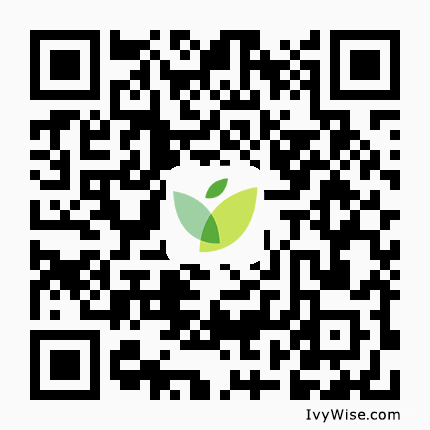
By Priyam, IvyWise Master Tutor
The science section on the ACT can make many students nervous, especially those who dislike science, and can lead those students to falsely believe they should avoid the ACT altogether. However, the key is knowing how the ACT science section operates and coming to a firm understanding that the ACT does not necessarily test the depth of your scientific knowledge, but rather analytical skills in a scientific context.
What Is on the ACT Science Section Test?
In the description of the ACT Science section it’s stated that “advanced knowledge is not required.” It maybe called the “science” section, but actual scientific knowledge is not actually tested. The ACT science section is all about applying basic scientific principals in an experimental or lab setting and the answer will always be in front of you on the page – you just have to find it. This is important to keep in mind because students who don’t consider science their strongest subjects can still do very well on the ACT Science section.
You will never find a question like this on the ACT:
What is the name of the cell process in which molecules of a solvent tend to pass through a semipermeable membrane from a less concentrated solution into a more concentrated one?
A) Apoptosis
B) Osmosis
C) Mitosis
D) Meiosis
This type of question may show up on your Honors Biology mid-term or AP Biology exam – but not on the ACT. Although you don’t have to know where your metacarpal bones are or what rules govern quantum mechanics, you will have to know some basic scientific concepts to help you navigate the questions and interpret data examples in the test section.
Like the ACT reading section, the science section takes practice! Many students find the ACT Science section difficult because they’re forced to apply reading and reasoning skills to scientific presentations of information. However, this is also the reason why performance on the science section is easy to improve – students can utilize the reading and reasoning skills they already developing for the Reading section to conquer the science section. Other skills like pacing can also help students improve, as this section does tend to be heavy on passages and reading.
What “Science” You Need to Know?
As mentioned above, the ACT is an exam that tests quantitative and analytical skills more than memorized facts and is more focused on critical thinking and applied knowledge. In order to be comfortable applying analytical skills in a scientific context, it may be helpful to be familiar with various types of scientific graphs and charts, knowing units of measurement and perhaps basic terms from biology, chemistry, physics, and math (i.e. what is a cell, what does the freezing point of a substance mean, what is the concept behind momentum, etc.)
The key thing to remember is that the ACT science section is about interpretation not in-depth knowledge. Rather than reviewing all the biology, chemistry and physics notes from high school, it may be more helpful to understand the terminology and aspects of scientific experimentation that are generally universal.
Some key terms and definitions to know include:
- Hypothesis:A supposition or proposed explanation made on the basis of limited evidence as a starting point for further investigation.
- Variable:In an experiment, any item, factor, or condition that can be controlled or changed.
- Control:In an experiment, any item, factor, or condition, that is used as a constant and unchanging standard of comparison.
- Correlation: The degree to which one phenomenon or random variable is associated with or can be predicted from another.
- Causation: The capacity of one variable to influence another. (Remember: Correlation does not imply causation).
- The Scientific Method: a method of procedure consisting in systematic observation, measurement, and experiment, and the formulation, testing, and modification of hypotheses.
- Steps of the Scientific Method:
- Ask a Question
- Do Background Research
- Construct a Hypothesis
- Test Your Hypothesis by Doing an Experiment
- Analyze Your Data and Draw a Conclusion
- Communicate Your Results
- Experimentation: A test under controlled conditions that is made to demonstrate a known truth, to examine the validity of a hypothesis, or to determine the efficacy of something previously untried.
- Steps of the Scientific Method:
Bottom-line is that it is possible to still do well on the science section of the ACT without being a science whiz. The focus of your prep for the ACT Science section should be more on improving the analytical and critical thinking skills required to answer the questions with an understanding of basic scientific concepts.
Struggling with improving your performance on the SAT or ACT? At IvyWise, we work with students to help them identify areas of improvement and develop skills that will help them reach their goal scores for these college entrance exams. Contact us today for more information on our tutoring and test prep services for the ACT and SAT.
Also, be sure to check out our updated Academics and Test Prep Checklist, which highlights what students need to be doing each year to stay on track with their academic performance and test prep throughout high school.


